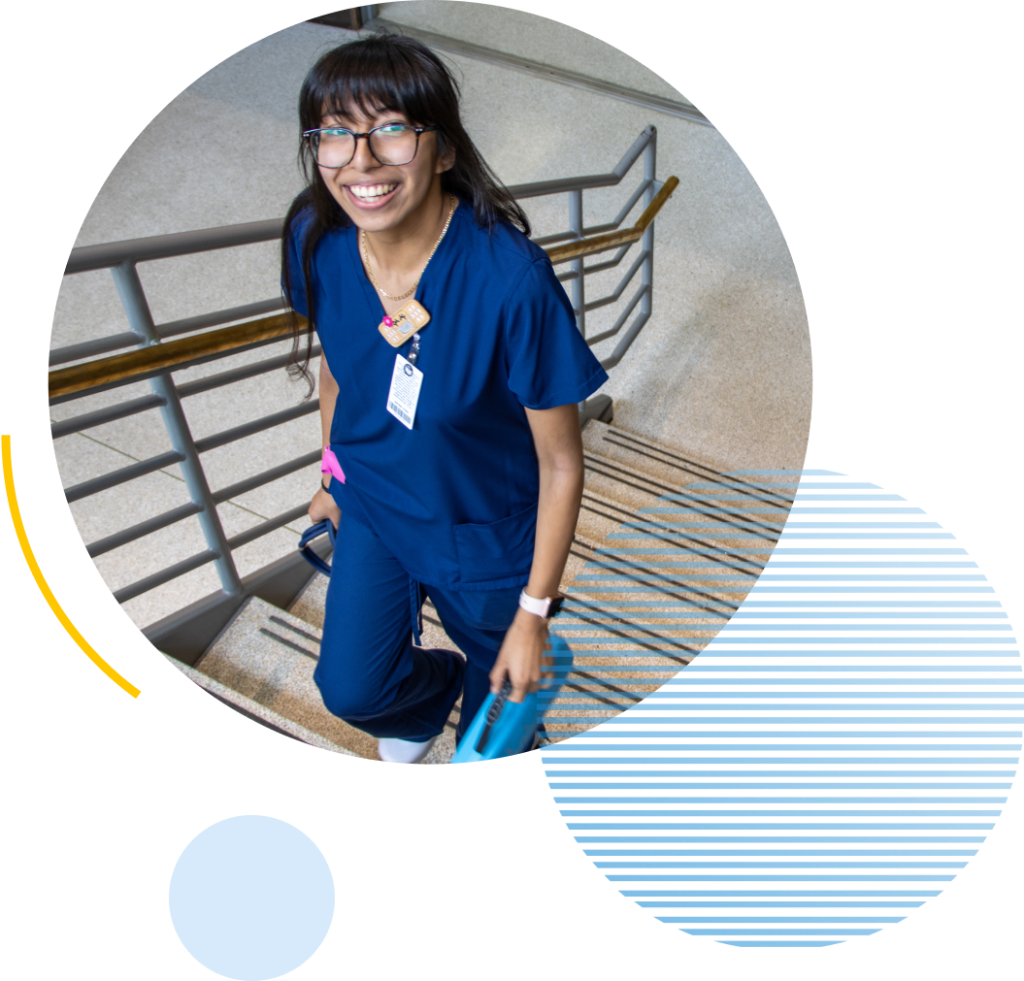Overview
Emergency Medical Services (EMS) classes offered through our Workforce Development & Continuing Education division and Curriculum provide individuals with the knowledge skills, and attributes to provide medical care from the First Responder level to the Paramedic level.
Graduates of these programs may be eligible to take the state and/or national certification examination. Employment opportunities include fire departments, emergency medical services, clinics, urgent care centers and hospitals.
The goal of the program is to prepare Paramedics who are competent in the cognitive (knowledge), psychomotor (skills), and affective (behavior) learning domains to enter the profession.
Accreditation
The Sampson Community College Paramedic Program is accredited by the Commission on Accreditation of Allied Health Education Programs (www.caahep.org) upon the recommendation of the Committee on Accreditation of Educational Programs for the Emergency Medical Services Professions (CoAEMSP).
Commission on Accreditation of Allied Health Education Programs
727-210-2350, www.caahep.org
To contact CoAEMSP: 214-703-8445, www.coaemsp.org

Graduate Outcomes Summary
| Outcomes Assessment | 2022 | 2023 | 2024 |
|---|---|---|---|
| Attrition | 33.3% | N/A | 66.6% |
| Retention | 66.7% | N/A | 33.3% |
| Pass Rate | 92.9% | N/A | 100% |
| Positive Placement | 100% | N/A | 100% |
EMS Program Tracks
Paramedic AAS Track
The Emergency Medical Science curriculum provides individuals with the knowledge, skills and attributes to provide advanced emergency medical care as a paramedic for critical and emergent patients who access the emergency medical system and prepares graduates to enter the workforce. Students will gain complex knowledge, competency, and experience while employing evidence-based practice under medical oversight, and serve as a link from the scene into the healthcare system.
Graduates of this program may be eligible to take state and/or national certification examinations. Employment opportunities include providers of emergency medical services, fire departments, rescue agencies, hospital specialty areas, industry, educational and government agencies.
Paramedic Bridging Program
The Emergency Medical Science, Paramedic Bridging Track is a degree completion track allowing certified non-degree Paramedics to achieve an Associate of Applied Science Degree in Emergency Medical Science. This program is comprised of major EMS courses along with related courses required in the curriculum. It includes required coursework via the Internet and some required work on campus. The majority of coursework is online.
Program Requirements
- Must be currently certified as an active Paramedic in North Carolina
- Must have completed 1,000 hours of direct patient contact in the EMS field as a Paramedic. An EMS director/training officer must verify this in writing on department letterhead.
- Submit proof of EMS continuing education in the last two years. Copies of the following documents must be submitted with the program application:
- State paramedic certification.
- EMS continuing education records during the current certification period.
- AHA Basic Life Support CPR certification
- ACLS provider
- PALS or EPC provider
- PHTLS certification or equivalent
- Other relevant EMS Continuing Education (CE)
WD & CE EMS Courses
At Sampson Community College (SCC), programs are offered with certifications that are under the track of the North Carolina Office of Emergency Medical Services (NCOEMS). There are several different EMS courses offered through the Workforce Development & Continuing Education division at #SampsonCC. Please click below to learn more or to register for different course offerings.
EMS courses taken under WD & CE are not eligible for VA education benefits. For more information, contact the Veteran Services office at hbrewington@sampsoncc.edu or 910-900-4045
Initial Certifications:
- Emergency Medical Responder (EMR)
- Emergency Medical Technician (EMT)
- Advanced Emergency Medical Technician (AEMT)
- Paramedic
Recertification Topics Include:
- National Continued Competency Requirements (NCCR)
- Local Continued Competency Requirements (LCCR)
- Individual Continued Competency Requirements (ICCR)
- Airway, Respirations, Ventilations
- Cardiovascular
- Trauma
- Medical Emergencies
- Operations
Scroll through below to find available courses
Help Paying for School
Students enrolling in for-credit curriculum courses can apply for multiple forms of financial assistance to help pay for school including Federal Student Aid and SCC Foundation Scholarships.


